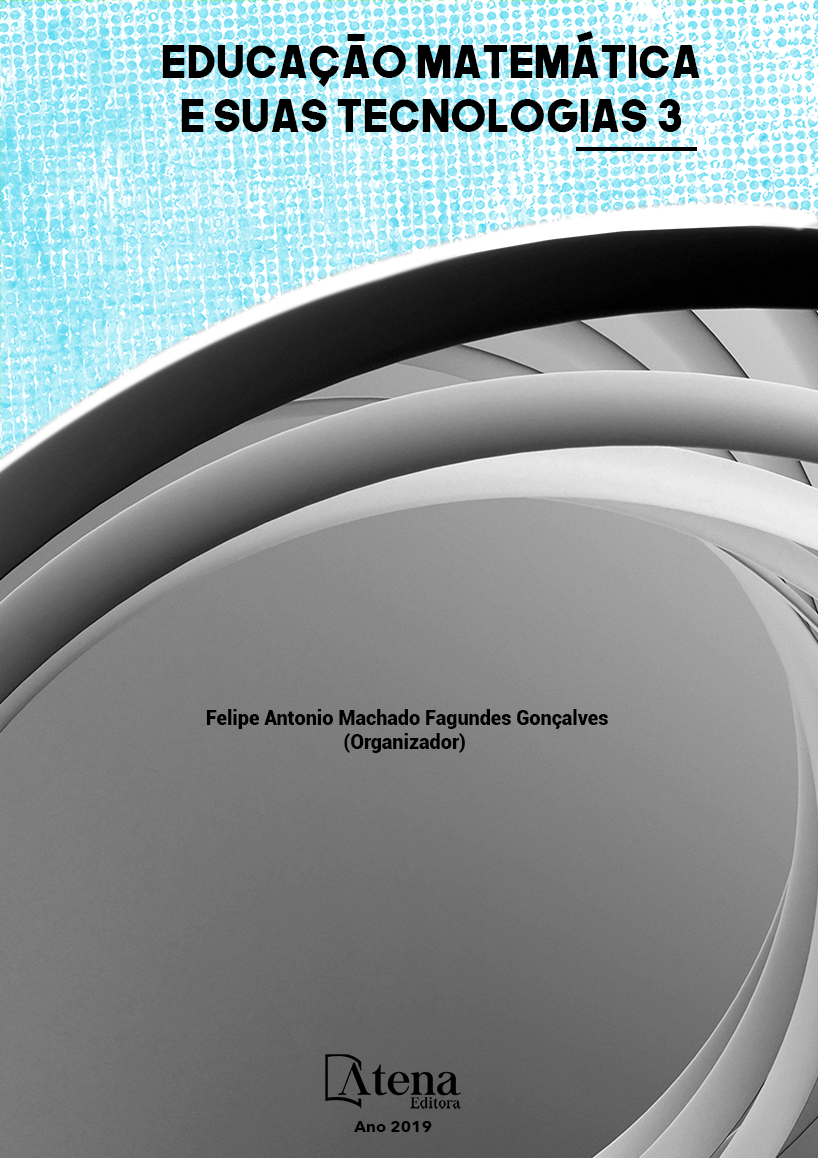
Um estudo sobre multicorreção com licenciandos em matemática
As provas ou exames se constituem
como o principal instrumento avaliativo
em matemática nos diferentes níveis de
ensino. Desde as séries iniciais, os alunos
são submetidos a exames para “aferir” o
conhecimento, essa aferição está associada à
crença de que o conhecimento de um indivíduo
pode ser medido. As concepções positivistas
sustentam que as provas são instrumentos
precisos e imparciais, conferindo um forte
caráter de justiça. Partindo da hipótese que
as provas ainda são necessárias para o
sistema educacional e que os registros escritos
fornecem realmente dados da aprendizagem
dos estudantes, é possível questionar se a
prova é realmente um instrumento tão objetivo.
Nossos primeiros estudos de multicorreção
com licenciandos em matemática indicaram a
possível ocorrência do efeito halo na correção
das provas, em que, a solução da primeira
questão influenciava a correção das demais
e, consequentemente, a atribuição de notas
do professor. Na fase seguinte da pesquisa,
o destaque foi a grande amplitude de notas
atribuídas. Ambos os resultados fornecem
indícios do grau de subjetividade existente na
correção de provas de matemática e colocam
em “xeque” a crença na precisão, justiça e
imparcialidade.
Um estudo sobre multicorreção com licenciandos em matemática
-
DOI: 10.22533/at.ed.49119240519
-
Palavras-chave: avaliação, matemática, multicorreção, provas.
-
Keywords: assessment, mathematics, multicorrection, tests
-
Abstract:
Tests or examinations constitute
the main evaluation instrument in mathematics
at the distinct levels of education. Since the
initial grades, students are tested in order to
evaluate knowledge, this estimation (gauging)
is associated with the belief that an individual’s
knowledge can be measured. The positivist
conceptions maintain that the tests are precise
and impartial instruments, fostering a strong
character of justice. Based on the assumption
that tests are still needed for the education
system and that written records actually provide
student learning data, it is possible to question
whether tests are, in fact, an objective tool.
Our first studies of multicorrection indicated the
possible occurrence of the halo effect in the
correction of math tests, in which the solution
of the first question influenced the teacher’s
correction and assignment of grades. In the
next phase of the research, the highlight was
the enormous range of marks awarded. Both
results provide indications of the degree of subjectivity in the correction of mathematics
tests and call into question the belief in the accuracy, fairness, and impartiality.
-
Número de páginas: 15
- Lilian Nasser
- Rafael Filipe Novôa Vaz


